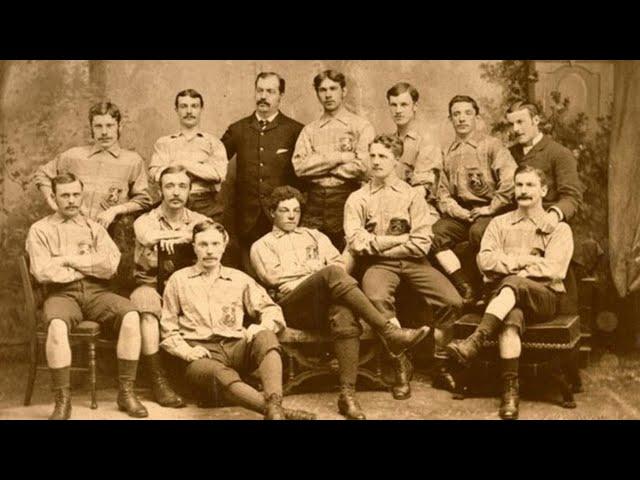
Andrew Watson: The 'most influential' black footballer for decades lost to history
Комментарии:
Jaquie Daniels - A Staffordshire lass
Jaquie Daniels
UoS Maths -STAG Event Sunny Vagnozzi The trouble with Hubble or how not to solve the Hubble tension
Social Sciences - University of Southampton
4K Laser TV Projector| BenQ India
BenQ India
Intro to Tarot by Hilary and YouTube Channel
Hilary Parry Haggerty | tarot and tapping
Сюцай. Жанат о Дисциплине!
Alexander Kling, Мастер Сюцай, Дипл. Коуч.
Custom Moissanite Rings Simple Moissanite Couple Rings Sterling Silver Wedding Rings Pair Rings
Diamond Moissanite Rings
Projector Room episode 171 ("Lee’s Beaver", 02/10/2024)
Steve Litchfield
Eating Raw beef in Isaan, Thailand!
Martin Bravo Siam
Peace and Justice and anarchy! #communityfridge
Community Fridge


























